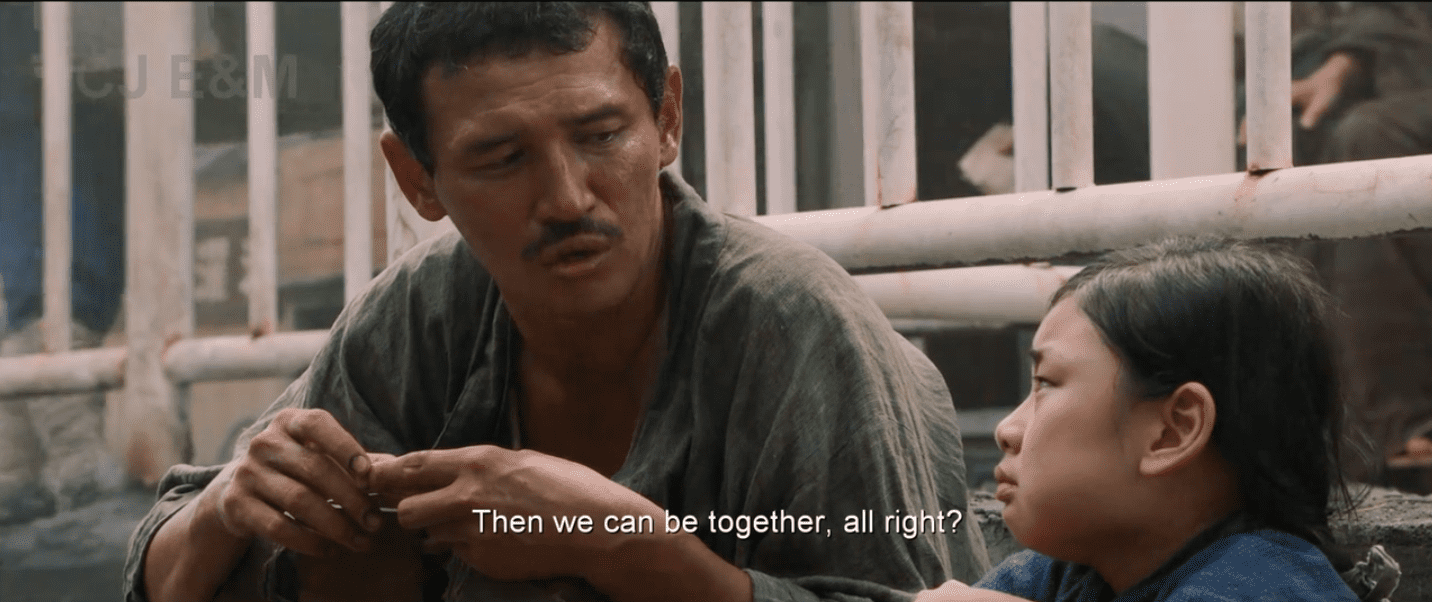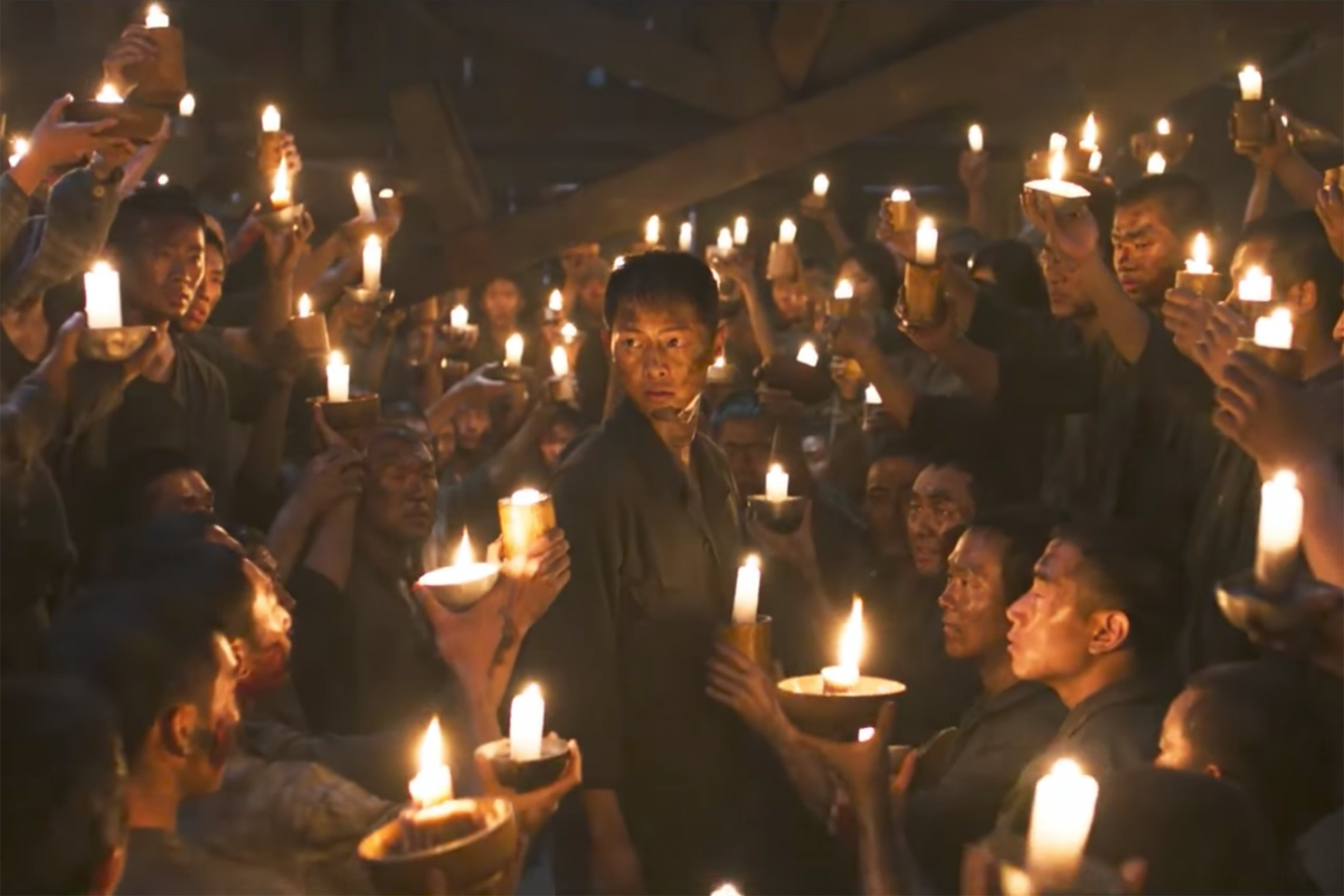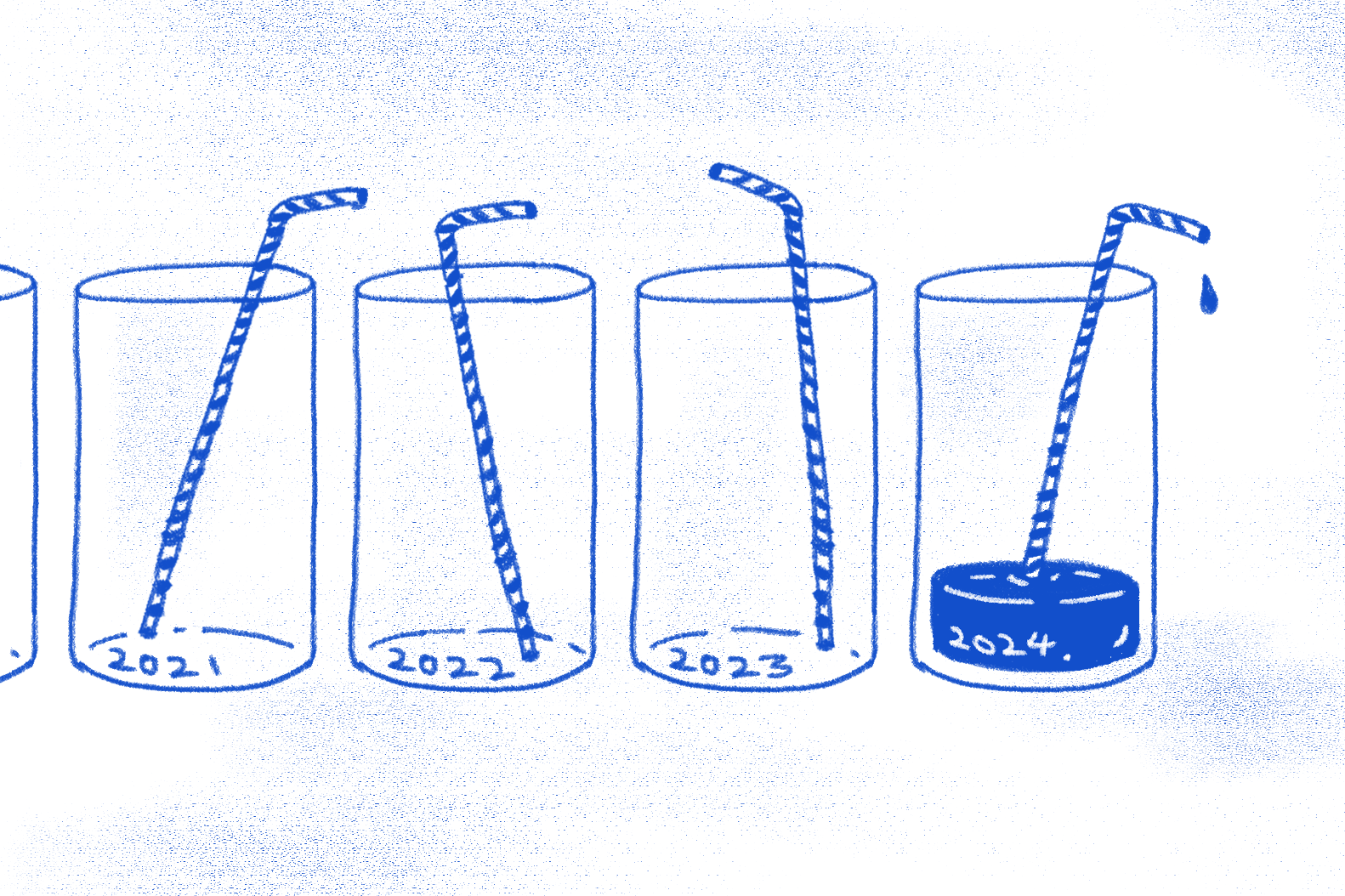WARNING: SPOILERS ABOUND.
IF YOU HAVEN’T WATCHED THE MOVIE, GO WATCH IT FIRST.
DON’T SAY OPPA DIDN’T WARN YOU!
“How was the movie?”
My mom asked me after I’d came home from watching Battleship Island, a World War II epic inspired by historical events. The storyline centres around Japanese wartime atrocities against Korean civilians in a forced labour camp on Hashima Island, also commonly known as Battleship Island.
I couldn’t answer her.
It wasn’t that I didn’t like the movie. My heart was racing throughout the show, and the explosive action on screen had me retreating into my seat. Yet I couldn’t bring myself to say that I’d enjoyed the movie.
The main reason – war movies aren’t entertainment.
It’s easy to get caught up in the thrill of cinematic storytelling, but rather than purely fictional plots, war movies are built largely on actual events; on someone else’s reality. I found myself recoiling in fear as I watched the men being beaten ruthlessly into submission and young girls being dragged off to comfort stations. I had to remind myself to breathe.
The scenes were gory and disturbing, but even more disturbing was knowing that what I saw was probably only a fraction of reality.
This wasn’t just a figment of some screenwriter’s imagination or a distant memory from the past. The characters might have been created for the screen, but we know from the history books that the cruelty portrayed was not.
I tried to put myself in the shoes of 8-year-old Lee So-hee (Kim Su-an, Train to Busan), the daughter of Lee Kang-ok, one of the men conscripted to work the treacherous mines of Battleship Island.

Almost forced into a comfort station with the rest of the captured Korean women, she unexpectedly finds favour with the Japanese due to her singing skills and is relieved of her initial posting. Even so, it is unthinkable for a young girl to have to endure such a nightmare and witness mankind at its ugliest.
Yet in such horrific times, she continues to trust in whatever her father tells her – as he tries to downplay the gravity of the situation for her sake – and hopes for the future with childlike faith.
In the later half of the movie, I was also moved by one of the unnamed characters – a one-legged man who had been crippled in a mining accident. He wasn’t foolishly optimistic; he knew the dangers and potential consequences of trying to escape the island. But he wasn’t going to sit and wait for the Japanese to kill them all either.
He might have lost his leg, but unlike some others, he hadn’t lost his hope.
He was adamant that even if he had to die, he wasn’t going to go down without a fight. And to the end, it was this hope that helped him to persevere in their escape.
Hope. In these situations – is there really hope?
I find myself in no position to say this. I’ve never experienced anything close to war, violence, bloodshed or terror. I’ve never tasted poverty, starvation or a desperation that my life depended on.
Division, hate and violence are still very much prevalent all over the world at this very moment.
Terrorism continues to rage worldwide. Every day, young women are captured to become sex slaves of ISIS and other militant groups. Refugees are fleeing war-torn Syria in droves, and North Korea remains a nuclear threat.
The monstrosity of humankind still runs in the veins of men right this very moment, as innocent blood continues to spill onto the soil of the earth.
If I was heartbroken from watching a movie, then how much more God – who time and again has witnessed humanity fall wilfully into self-destruction?
But when we young Singaporeans only understand war from the safety of our newsfeeds and cinema seats, it’s so easy to become numb to news headlines and immune to injustice.
In our daily mundane lives, we forget about those who are suffering beyond our shores. Or we choose not to think about them. Maybe most of us don’t even know how to think about them.
After watching Battleship Island, I felt burdened – for the world and for my own emotional handicap. I started to ask God to put in me a bigger heart for mankind. I wanted to know His heart even more. If I was heartbroken from watching a movie, then how much more God – who time and again has witnessed humanity fall wilfully into self-destruction?
In a world where war and violence have become daily news, it is easy to become hopeless about the future ahead and live in fear. It is easy to give up and succumb to the circumstances around us. A popular MRT poster for terrorism reads: “Not if, but when.”
You will hear of wars and rumors of wars, but see to it that you are not alarmed. Such things must happen, but the end is still to come. (Matthew 24:6)
We need to prepare ourselves for battle. Just like the crippled man, don’t let the Enemy use fear to seize you and take you captive. And just like little So-hee, believe our Heavenly Father when He urges us to have hope (John 16:33). We are armed with the promises of God and His unchanging character.
He is merciful. He is kind. He is compassionate. He fights for us. (Exodus 14:14)
If God hasn’t given up on humanity through the ages of time, then hang in there. We don’t have to be afraid. He’s not done with us yet.









